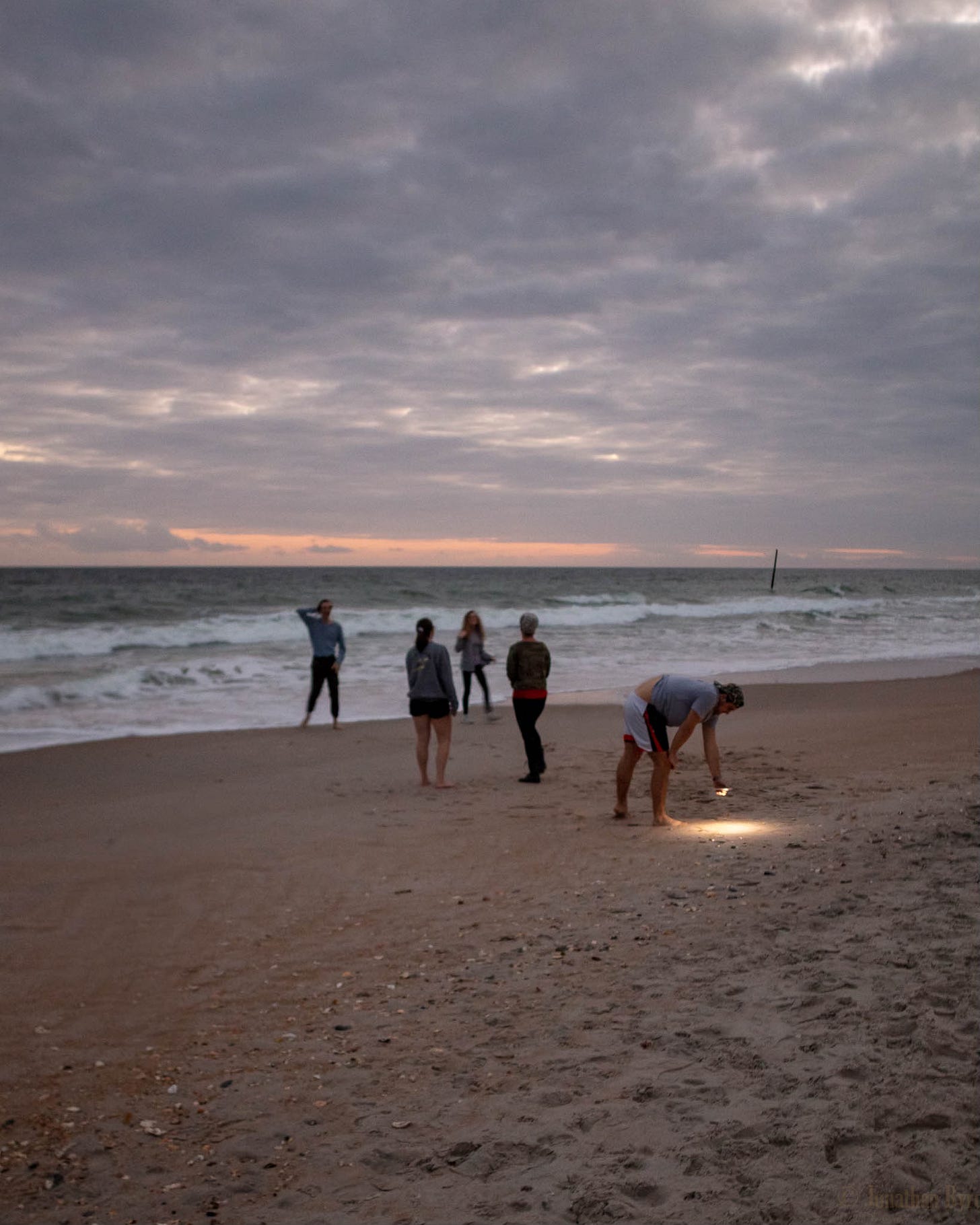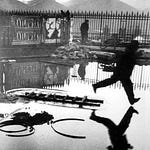Leonardo DaVinci filled an ox’s heart with hot wax and then used the wax to cast a glass model of the heart. He filled the see-through heart with liquid and figured out how the valves close and open. He may have been the first person to discover coronary artery disease.
DaVinci died in 1519. Over 400 years passed before anyone else understood atherosclerosis. Evidently, Leonardo never told anyone. His notes were lost for centuries.
The popular understanding of entropy is the inevitability of chaos or, if you want to sound slightly more academic, disorder. But the concept of entropy is more interesting than simple messiness.
Entropy is a measure of how much we don’t know.
When my son was very young, before he started school, I was helping him put all of his toys back where they belonged. He said, “Hey, Dad. Infinity is just another kind of zero.” Remember how much fun science was before we had to be good at it?
Why were we putting his toys away? I didn’t want to step on a Lego, sure, but the real lesson was about information, and nothing is more valuable than information.
Can I walk across my living room without stepping on a Lego? Moreover, if his toys are scattered all over the house, he has no idea where to find his firetruck.
What if we wrote down where all his toys were? The stegosaurus is in the dryer. The squishy ball is behind the bookshelf in the living room. So on. To find one toy, he would have to go through such a long list of where his toys are that it would be faster to look for them. In essence, he would have the same amount of information he did before he made the list.
This is where infinity meets zero.
You’re reading or listening to this on the internet, built to share information between scientists worldwide. It’s tempting to think: If only DaVinci had had the internet. Heart surgery would be older than telescopes. But something doesn’t sound right, does it? Something smells off about the whole “Information Age,” and sometimes you even think certain people are to blame, but that doesn’t feel right either. You know what it is?
You can have so much data that you don’t have any information.
It’s a messy world. Sometimes, it’s hard to know what to do. Not long ago, most people believed that a higher authority determined their life’s purpose, and the goal of a successful life was to fulfill that higher will. Many people still think that way, but much of humanity now believes that we define our own purpose. We believe in choice and, in our better moments, responsibility.
We tend to think of the invention of the printing press as a revolution for humanity, but literacy wasn’t average worldwide until about the year I was born. That’s over a thousand years between the first printing presses in China and the average human’s ability to read a printed page.
With that in mind, people seem quite confident they know how to use the internet, which — to complete the loop here — was invented about the same time most of the world learned to read. We are convinced we have all the information we need to demand freedom and accept responsibility for our choices. But really? Really?
At the extremes of physical science — black holes, neuronal connections, the number of gas atoms in a room — it’s impossible to access or keep track of all the data. In light of our limitations, we freely admit we may never know exactly what’s happening. Yet, we walk out of the lab and believe we have a handle on the world. We grew up and created a perfectly searchable Excel spreadsheet of our toys and their locations, all saved to the cloud, of course.
Then the cat bats something across the bedroom. Someone takes the couch apart, looking for the remote. The wifi goes out. Information dissolves like marrow into the warm broth of entropy.
You walk out onto the porch with your postmodern ennui, and the sunset burns to coals like The Great Library of Alexandria. Isn’t it beautiful? Maybe not being in control of everything is okay. Imagine how God feels. Once, the universe was all together, and now it’s all over the damn house.
Take heart. One day, stars like the Sun will run out of fuel, and they won’t have enough mass and energy to explode like supernovae. They will be mostly leftover carbon under the incredible pressure that makes a diamond, which means they will be diamonds, galaxies of colossal diamonds drifting through a very, very cold universe, all their information — all the information that may ever exist — lost forever.
We live somewhere in between one very simple universe and another. The entropy generated by the Sun keeps our planet alive even as it destroys unimaginable amounts of information. In other words, we are here because the library is burning. It’s terrifying and beautiful, and there’s so much we don’t know. In fact, there’s more we don’t know every day.
But now, right now, we are rich with information. You have so much information in every cell of your body that it can make another completely unique human, a human so brilliant that centuries might pass before anyone knows what they knew.
You still have to put your toys away. When you’re done, go watch the sunset and remember the one thing you and God have in common.
No one knows what you know.
Your fan,
Jonathan Byrd
I’m leading two tours of Scotland this July. Sign up soon!
July 3-13 Focus on Scotland, a photographic tour of one of the most beautiful countries I know. We’ll go to locations that I don’t even know yet because we are protecting the landscape from human traffic. Traceless Tours is a conservation tour company that brings money to the local economy and helps heal the wild spaces. We’ll leave it better than we found it. Reserve your spot here:
https://www.tracelesstours.com/photography-tour-with-jonathan
July 15-25 Music tour! Ten days of breathtaking scenery, castles, museums and ancient historical sites during the day and live music at night, including some special private concerts.
https://www.tracelesstours.com/music-tour-jonathan














